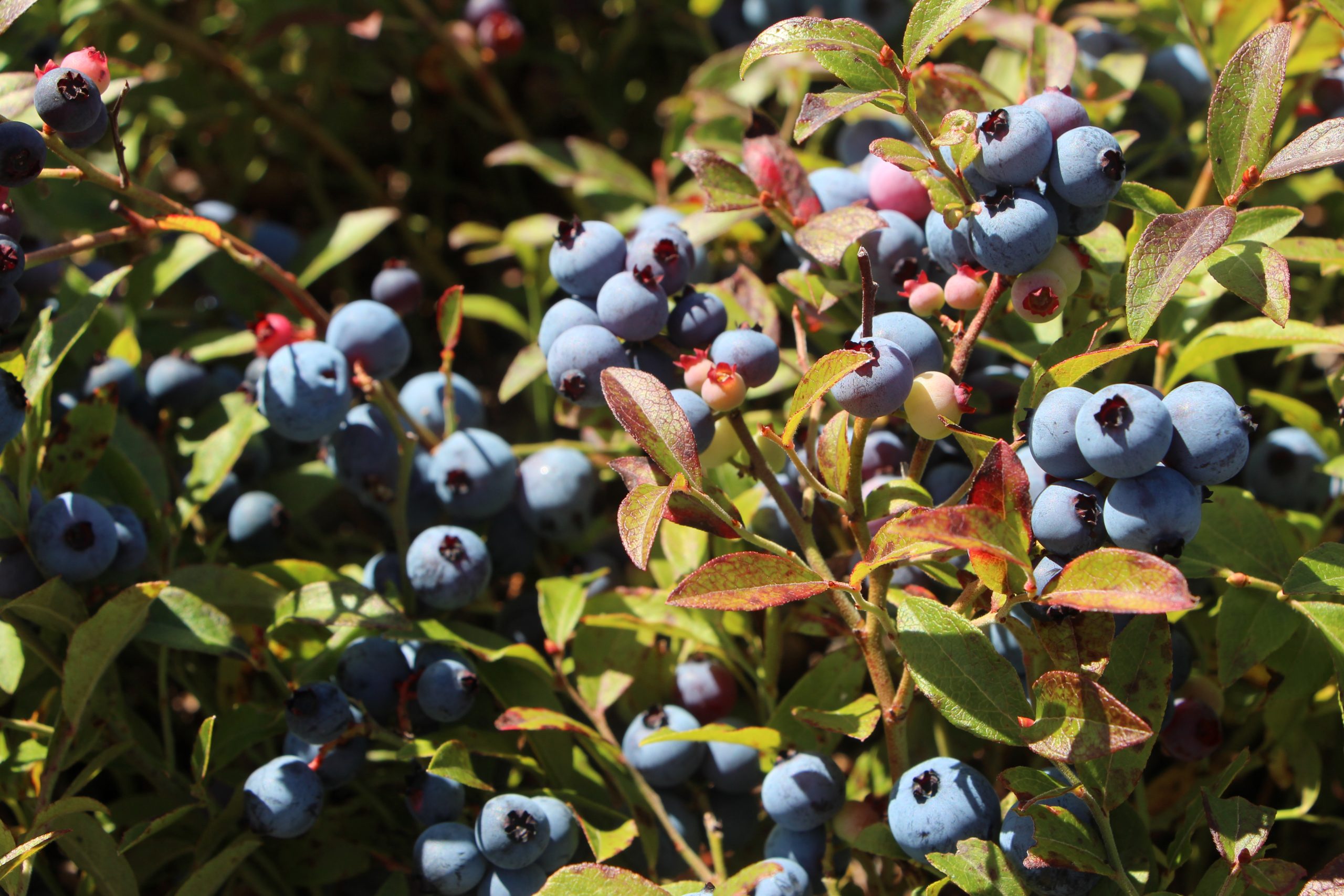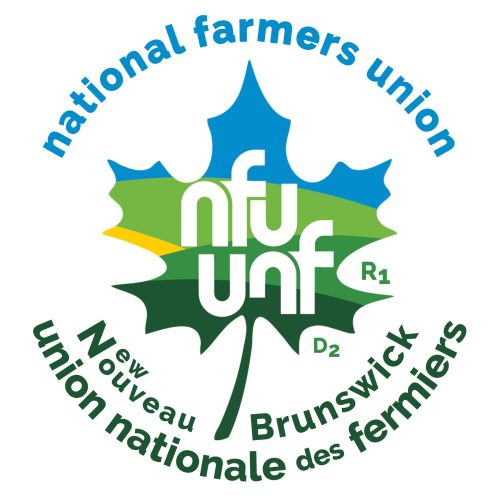Commentary: A system that leaves producers out by design
September 19, 2016
NB wild blueberry producers have faced one of the hardest seasons in history: strong NB yields, record low prices, closure of buying stations, a new processing plant that was not built to receive berries harvested in small boxes like most producers are currently set up to harvest in, excellent yields in Quebec and surplus from last season has worked itself into a perfect storm that has tensions running high and stress levels through the roof for many involved.
Producers have become increasingly vocal about their current challenges, taking to the media and protests as the final straw to make themselves heard. Contrary to what many may think, this have not been the first line of action – but rather the result of being pushed to the limit as they have worked hard to play by the rules for many years without being heard or acknowledged.
Over the past four years, producers have been warning that the government supported trade of nearly 16,000 acres of prime crown land and the subsidies for the new processing plant operated by Oxford Frozen Foods would not bring jobs and prosperity the industry as the government promised. Letters have been written, meetings have been held, attempts to work within the current available structures have been unsuccessful, a nearly three-year process to get a regional marketing board off the ground has been repeatedly stalled by government – with most recently, a public consultation in May of this year from which producers are still waiting on the results and the next steps.
As Minister Doucet told the National Farmers Union in New Brunswick and producers recently – ‘it’s complicated’. Perhaps surprisingly, I do agree with this statement – there are many years of historical alliances, disputes, lack of support from government to flat out support for creating a vertically integrated monopoly system by the land trade for nearly 16,000 acres to Oxford Frozen Foods and funds for the creation of a processing plant. Producers from all sides and regions have shared stories with me where they have felt bullied or shut out at different times from, the government, processors, the marketing agency Blueberries New Brunswick, and even other producers.
Though when I think of how complicated the situation is a quote keeps coming back to me:
Every System is Perfectly Designed to get the results it gets – Paul Batalden
The thing about this quote is that it’s not saying that all systems were designed with careful planning and consideration for the results and unintended consequences, sometimes the design was not well thought out from the beginning and the system is unintentionally designed to get the results that it’s getting.
In perhaps a desperate attempt to create more jobs for the province, the previous government designed a system where one big player will soon have enough of their own primary production to fill their processing plant. A system that leaves smaller producers at the mercy of four main buyers and scared to publically criticise anything for fear of having a bountiful crop and mysteriously nowhere to sell them. A system that fully adopts the neo-liberal trade agenda that gives a lot of power to the large multinational corporations as a sort of “savior” for struggling rural economies (a system that has yet to increase individual wealth anywhere in the world – but rather concentrates it in the hands of a few). A system that has no space for smaller producers to participate, negotiate prices or speak out in the face of these injustices that are often mistaken for ‘progress’ or ‘development’.
As identified in the recently announced NB Economic Growth Plan, wild blueberries are a unique opportunity for NB as we are one of few regions in the world with suitable growing conditions. In follow-up conversations with Ministers and government staff working on this file, this really means carrying out New Brunswick Wild Blueberry Sector Strategy 2013-2018. This document is full of promises for the future – encouraging both new and experienced producers to expand. Many who have done so and are seriously questioning the investments they have made given dropping market prices over the last few years. Others are looking to sell their lands to Oxford this year due to declining market value of blueberry land that is expected to continue to drop over the next few years and folks are trying to get out while the ‘getting out’ is still decent. A thriving a growing blueberry sector is not one where producers are almost subservient to large corporations, continuously receiving lower and lower prices while processors hold on to a larger percentage of the profits. A thriving sector is one where many individual producers are able to make a living, operating their own business, creating employment in their communities and where NB can proudly boast that their blueberries are proudly produced by the men and women who live and work in NB.
The National Farmers Union in New Brunswick is calling on the government to take strong and immediate action to:
 Publically announce a the results of the plebiscite vote on the creation of the Regional Marketing Board from May of this year, as well as their final decision on this opportunity
Publically announce a the results of the plebiscite vote on the creation of the Regional Marketing Board from May of this year, as well as their final decision on this opportunity- Create a producer driven mechanism to negotiate prices and ensure that final adjustment payments are consistently made to producers after the berries have been sold on the world market
- Initiate a thorough and in-depth review of how they are organized and represent themselves including all stakeholders: producers of all sizes, government, processors and representative bodies
Every system is perfectly designed to get the results it gets. Working with the current system will continue to get the same results. The good news is it is still possible to design a system that will actually allow the full participation of all blueberry producers regardless of size – it will require frank dialogue, hard work and commitment from all involved to see this sector increase individual farm net income – not just overall export and GDP benefit.
Amanda Wildeman
Executive director, National Farmers Union in NB





